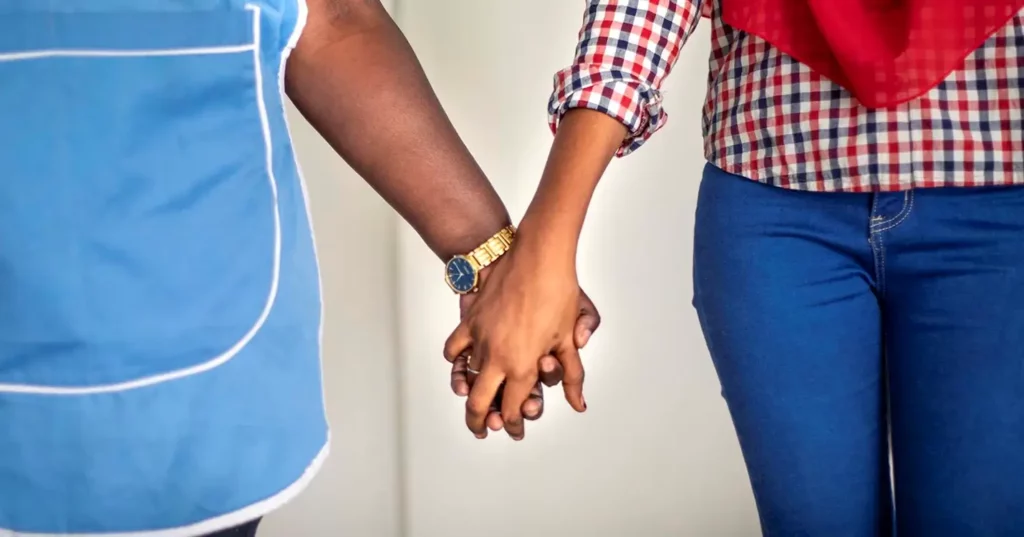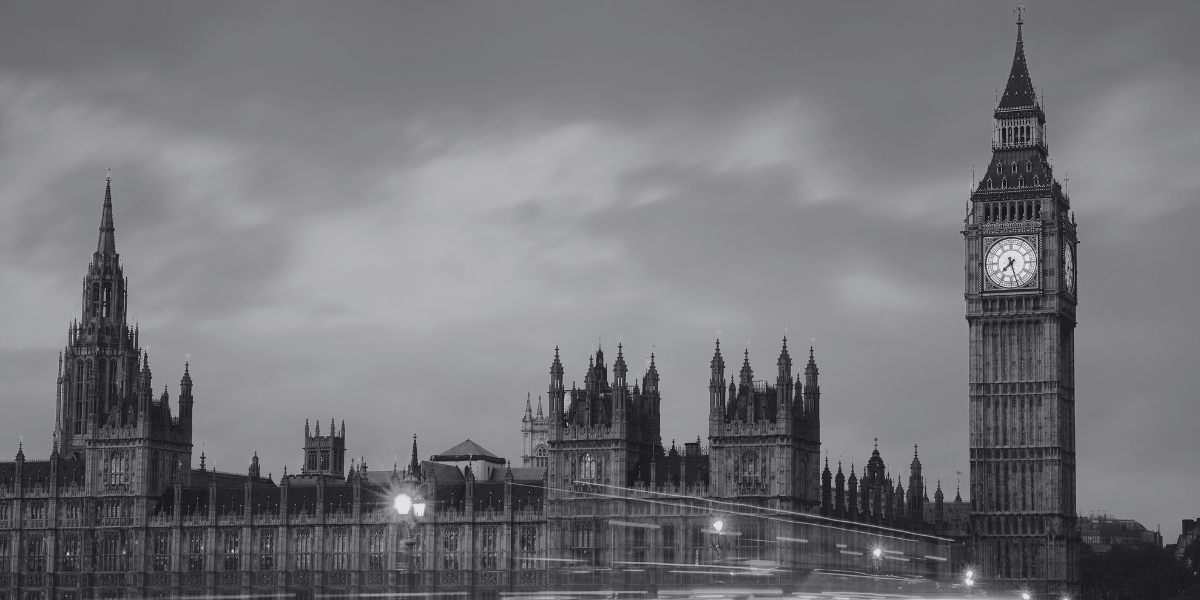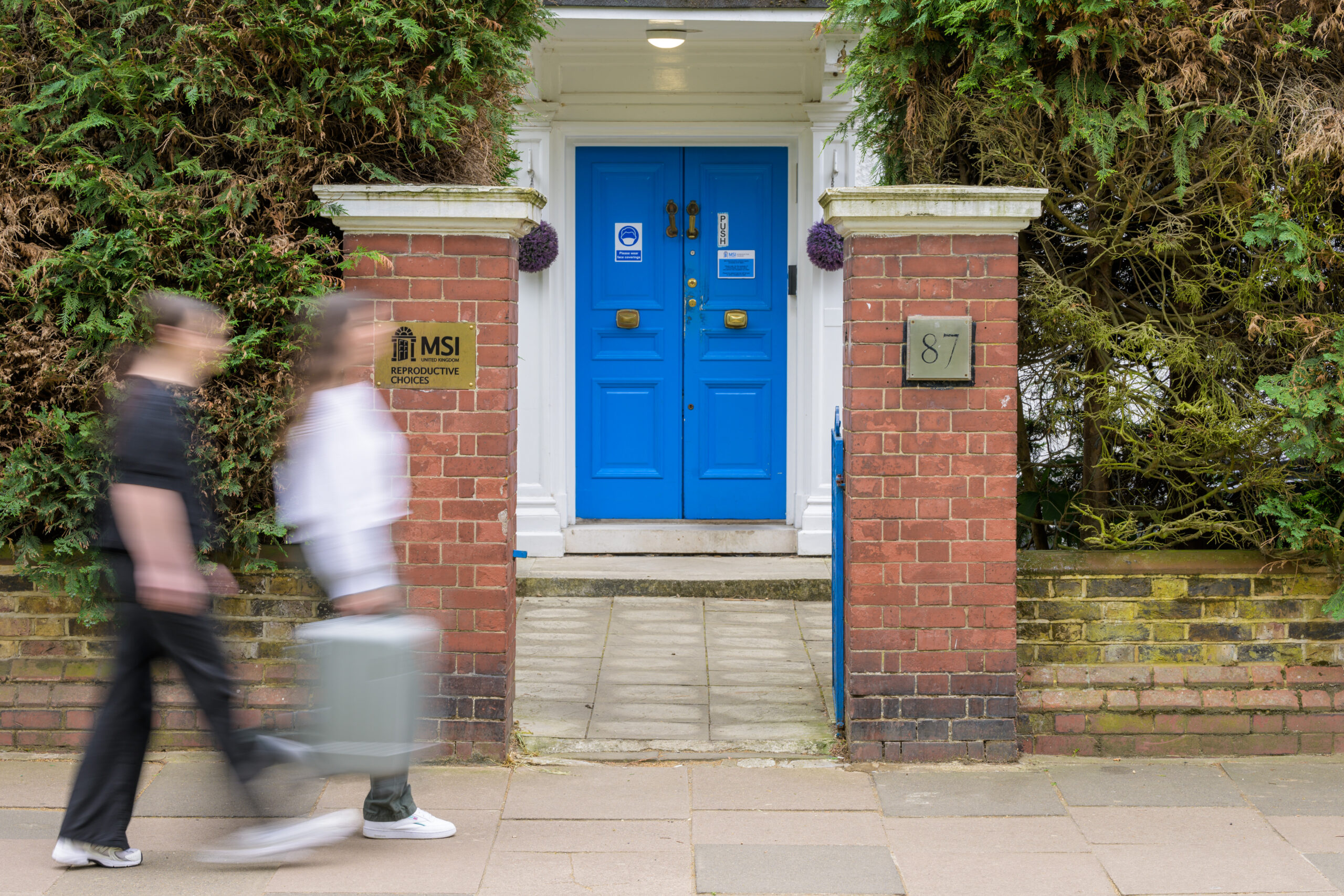Despite progress in recent years, millions of women still face obstacles in accessing abortion care globally.
At MSI Reproductive Choices we are committed to supporting women’s right to abortion.
But what makes abortion rights worth fighting for? And what are the barriers we need to tackle to make women’s right to abortion a reality for everyone?
Too many women are still denied their right to determine their own future.
Why should women have the right to abortion?
Abortion is a very safe and simple medical procedure to end a pregnancy. The decision to end a pregnancy is common and one that millions of people make every year. Worldwide, it is estimated that nearly one in three pregnancies ends in abortion.
Yet, despite the clear need for abortion, access to safe and legal abortion is far from guaranteed. And that’s denying women and pregnant people their fundamental right to make informed decisions about their health and body.
Below we have listed some of the main reasons why women should have the right to abortion.
1. Restricting abortion only makes it less safe
While abortion care is one of the world’s safest medical procedures, policy and legal restrictions continue to prevent women and pregnant people from accessing safe abortion care.
Research shows that attempts to criminalise or restrict abortion don’t reduce the number of abortions that take place, but more women are forced to seek unsafe abortions. Data from the Guttmacher Institute shows that abortion rates are roughly the same in countries where abortion is broadly legally accessible and in countries where it isn’t. Because restricting access to healthcare services does not remove the need, it only forces women to seek unsafe services, which can put their health, life and future on the line.
When abortion is restricted, it is often already marginalised communities that are most at risk, as those with fewer resources will have little or no means to seek safe and legal services in another country or access private care if needed. It is estimated that virtually all (97%) unsafe abortions occur in low- and middle-income countries, where most abortion restrictions countries that restrict abortion are concentrated.
2. Unsafe abortions can lead to severe health complications or death for women
Abortion care is a safe and common health procedure, but when access to safe abortion care isn’t available, some women are forced to seek an unsafe abortion. Unsafe abortion is defined by the World Health Organisation as a procedure that is carried out either by a person lacking the necessary skills or in an environment that does not meet minimal medical standards, or both.
Almost half of all abortions worldwide are unsafe: an estimated 35 million each year. Data shows that seven million women will face complications and over 22,000 women will die as a consequence of unsafe practices. Globally, 8-11% of maternal deaths are attributed to unsafe abortions.
Read more about the realities of unsafe abortion and the devastating cost to women’s lives.
42% of women live in the 125 countries where abortion is highly restricted.
What are the barriers to women’s right to abortion and how can we overcome them?
While access to abortion care has improved significantly over the past few decades, we still see unequal access between different parts of the world. Millions of women are still experiencing restrictions that limit their right to decide if or when to become pregnant.
As a global sexual and reproductive healthcare provider, in every country that we work in, we regularly see abortion services restricted by unnecessary regulation and over medicalisation. This prevents people from seeking and receiving the services they desperately want and need. Barriers to access can range from legal obstacles to stigma, which lead women to prioritise secrecy over safety.
At MSI we’re fighting to change this. Through our campaigns and healthcare services, we’re working towards a world where everyone has reproductive choice, with access to contraception and abortion care. With your help we can go further.
Abortion laws and legal barriers to access
Around the world, abortion laws fall along a continuum of outright prohibition to allowing abortion on request. As of 2017, 58% of women of reproductive age live in countries where abortions are broadly allowed. But while that represents the majority, 42% of women live in the 125 countries where abortion is highly restricted.
There is a long way to go until every woman’s right to safe, legal abortion care is universal. But significant progress is being made every day, and we know that public support for reproductive health is growing. For example, in the UK, 9 in 10 people are pro-choice and support access to abortion care. Across the world, MSI is working with advocates to remove unnecessary policy barriers to abortion, alongside our pro-choice community inspired to stand stronger than ever to protect reproductive choice.

Social barriers to access – stigma and discrimination
Even in places where abortion is broadly legal, restrictions to abortion care still exist. Stigma and other harmful social and cultural norms can inhibit both a woman’s ability to seek services and medical professionals’ willingness to provide them.
High levels of stigma drive a culture of silence, meaning women who need safe services often lack essential information on where to access them. Stigma can stop women from speaking to their family or friends about their experience out of fear of being judged, leading to many women feeling isolated and alone throughout their experience and long thereafter. Stigma feeds silence, and silence feeds myths. Myths that misinform, mislead and further stigmatise. It’s a vicious and harmful circle that we’re working to break with tools and resources to end abortion stigma.
Stigma feeds silence, and silence feeds myths. Myths that misinform, mislead and further stigmatise.
What MSI is doing to overcome barriers to women’s right to abortion
As one of the world’s leading pro-choice organisations, we are unapologetic in our defence of a woman’s right to abortion, and we are proud to provide safe abortion services wherever the law permits.
At MSI, we firmly believe that everyone has the right to make informed decisions about their health and body, whether that means using contraception to prevent unintended pregnancy or choosing to end a pregnancy through a safe abortion.
We work together with partners to improve access to safe abortion services, wherever it is legal for us to do so, and to reduce barriers to access, be it legal, clinical, social, or monetary. Wherever we can, we provide and advocate for safe abortion and post-abortion care services for women and girls who have decided to end a pregnancy. Our position on this is and remains non-negotiable.
We work together with partners to improve access to safe abortion services, wherever it is legal for us to do so, and to reduce barriers to access, be it legal, clinical, social, or monetary.








